Machine Learning Course in Pune, IN
(4.6) 1480 ratings.

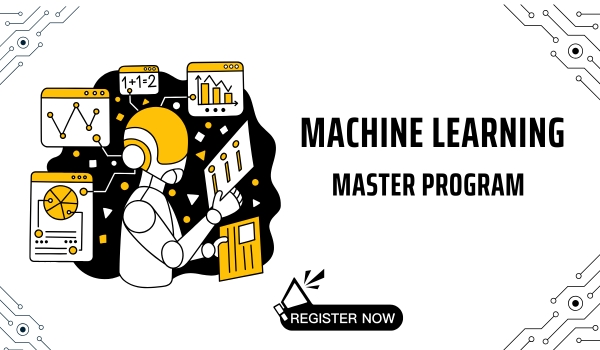
(4.6) 1480 ratings.


Next Batch Starts
Program Duration
Learning Format
GoLogica Academic's Master Program features a structured curriculum, paving the way to Global scope.
GoLogica having a 15+ years of experience on career transforming programs with industrial oriented Skills.
GoLogica Advanced Programs delivers cutting-edge AI Training, offering insights into the latest trends.
GoLogica emphasizes practical learning with exercises, projects to equip you with real world application.
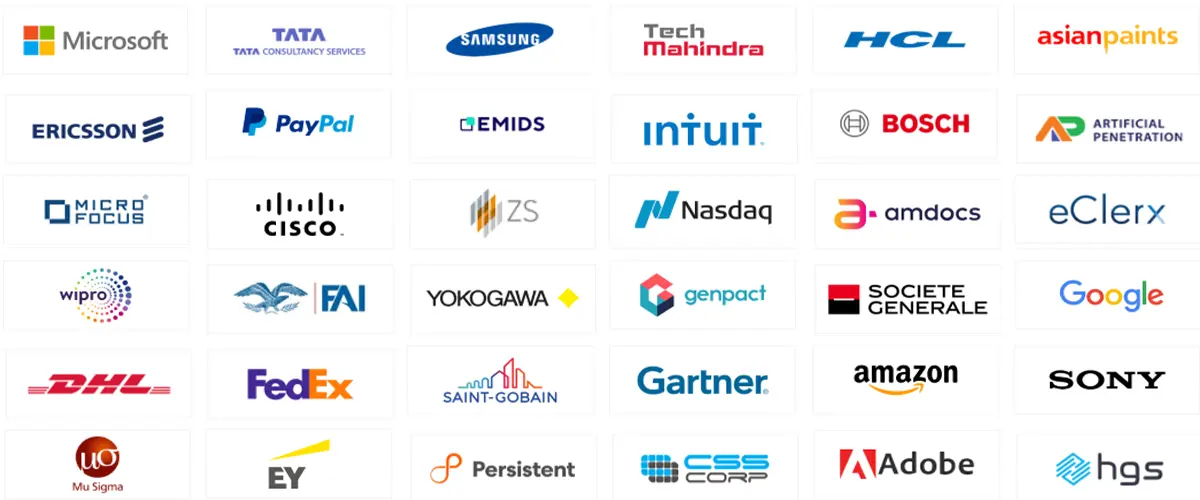
The Machine Learning Training by GoLogica in Pune trains professionals who have expertise for an active, gainful progressive stand in AI and machine learning fields. Therefore, in this program, all things will be there - from the more advanced knowledge of primary principles of machine learning to advanced topics like neural networks, deep learning, and data processing, thus may be pretty suitable for beginners as well as experienced professionals.
This would open a wide perspective of the basic points of machine learning and focus on the differences of the three techniques involved: supervised, unsupervised, and reinforcement learning. It would review all algorithms, decision trees and its family, random forests, support vector machines, and various methods of clustering. Advanced topics, such as neural networks and deep learning, will be covered using tools like TensorFlow and Keras for more complex models.
You then apply those skills to practical projects so that you gain hands-on experience in solving practical problems. The projects that you will undertake will include subjects such as predictive modeling, image recognition, and natural language processing, so the work will qualify toward building up a portfolio of work to illustrate your skills to prospective employers.
This training at GoLogica for Machine Learning, even though it focuses on technical skills, still covers data handling, feature engineering, and model optimization. It teaches one to clean and preprocess their data very well so that it is in good accuracy and efficiency from the models. Its training further includes model evaluation and tuning techniques so you may really improve the performance of your machine learning models.
This course is ideal for Data Scientists, Software Engineers, and IT Professionals wishing to specialize in machine learning. Everything one needs to pursue a career path such as that of a Machine Learning Engineer, Data Scientist, or AI Specialist, including detailed training, will be in store with this course by GoLogica.
You will be prepared at the end of this course with all the knowledge and skills in building and deploying ML models. You will be an outstanding asset to any organization. Fast track your career by pursuing a Course in Machine Learning from GoLogica in Pune and be a master in the domain of AI and Machine Learning.
Python was mainly developed for emphasis on code readability, and its syntax allows programmer to express concepts in fewer lines of code.Python is considered a scripting, language like Ruby or Perl and is often used for creating Web applications and dynamic Web content.
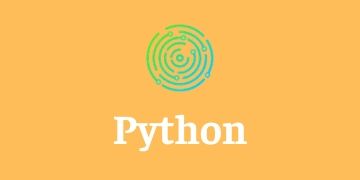
GoLogica is offering an instructor led extensive course on Artificial Intelligence(AI) course. Artificial Intelligence is also called as Machine intelligence. This domain is constantly evolving and many applications are slowly moving towards this platform .
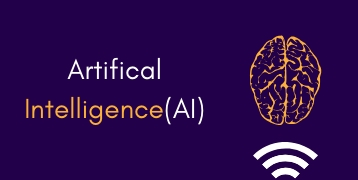
GoLogica provides Data Science with Python Training This course has been designed with a focus on quality and simplicity making it ideal for Beginners or for those looking for a refresher on Data Science with Python. It gives an engaging learning experience covering everything you need to know about Data Science.
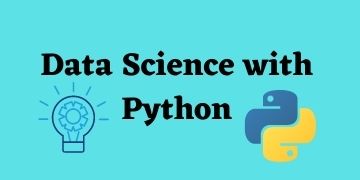
In this course, you will learn about the workings of OpenAI’s ChatGPT model, the model architecture, and the fine-tuning techniques. You will also discover in detail how to embed ChatGPT into various applications, control conversation flows, and fine-tune it for distinct tasks. Applied, you’ll learn about the operative utilization and development of AI chatbots as well as NLP, making ChatGPT your robust tool in AI capability.
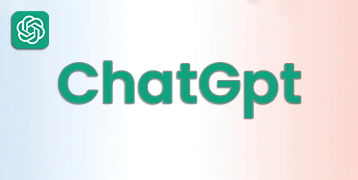
The GoLogica Python Statistics course offers students to learn what it takes to be a data scientist and the basic statistical methods required. In this course, you will find out about descriptive statistics, probability, inferential statistics, and hypothesis testing. The course involves the use of libraries such as NumPy, Pandas, and SciPy, prevalent techniques in Python for analyzing real data together with statistical methods. By the end, you’ll be able to make sense of your data and build data models using one of the preferred languages for anyone working in data science or machine learning toda —Python.
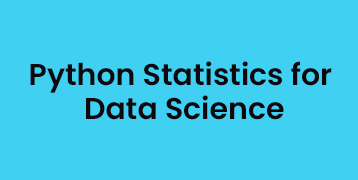
This course provides guidelines on how to process big data through PySpark, which is a vital instrument in big data processing and compute clusters. You will learn how to manipulate big data using Spark’s data structures, including RDDs and Spark Dataframes. The course also introduces Machine Learning with PySpark to help you build scalable ML models. This certification makes you ready to work on big data technologies professionally.
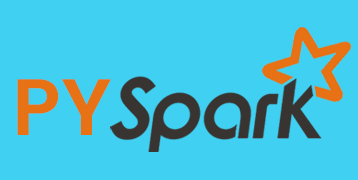


This will help you to better understand the Machine learning.
you will be able to grow your career by broadening your proficiency in Machine learning.
With this, the students will be able to decide their careers in the right way.
We Help with face-to-face interaction through mock interviews & Exams

Powered by
Paypal
Debit/Credit
UPI
GoLogica Machine Learning Certification holds accreditation from major global companies worldwide. Upon completion of both theoretical and practical sessions, we offer certification to both freshers and corporate trainees. Our certification on Machine Learning is recognized globally through GoLogica, significantly enhances the value of your resume, opening doors to prominent job positions within leading MNCs. Attainment of this certification is contingent upon the successful completion of our training program and practical projects.
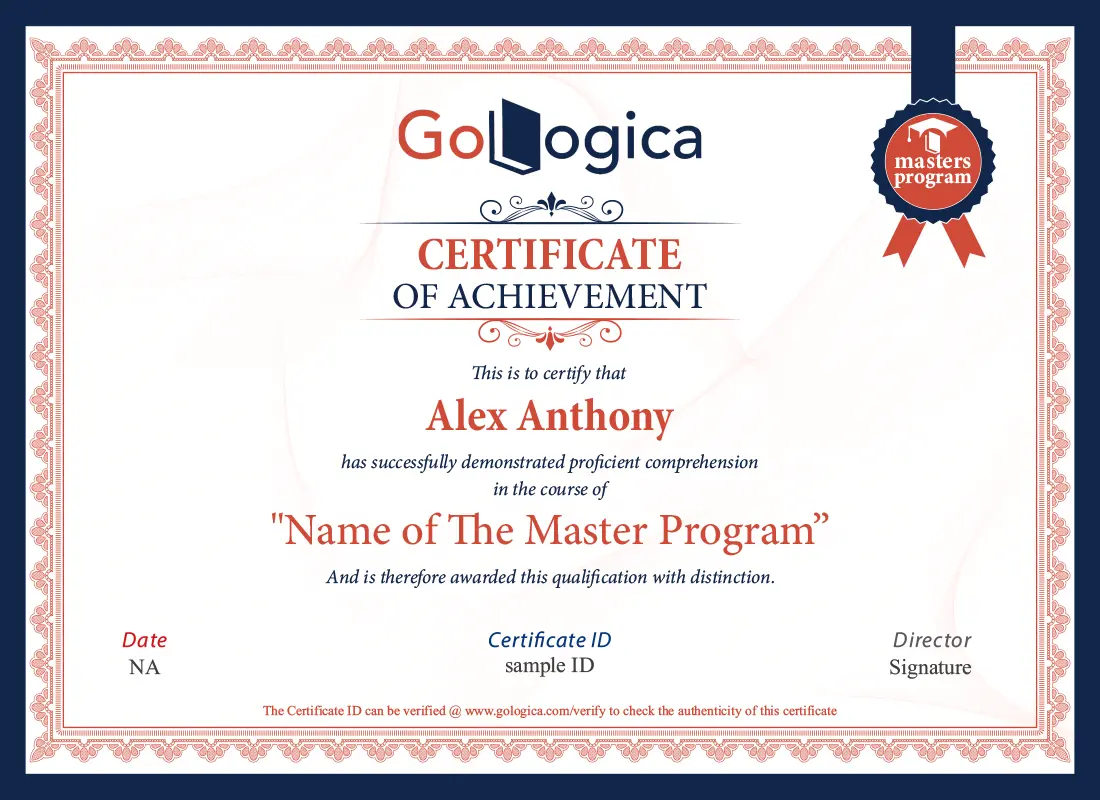
The U.S. Bureau of Labor Statistics (BLS) forecasts a 22% increase in employment for Machine Learning from 2021 to 2031, significantly outpacing the average for all occupations. Additionally, Machine Learning Ventures predicts 3.5 million unfilled cybersecurity jobs worldwide by 2025.
According to the BLS, Machine Learning professionals are well-compensated. The median annual wage for Data Engineer was $110,000 and $160,000 PA It’s depending on factors such as experience, location, and specific job responsibilities.
Are you preparing for a interview? If yes, our expert tutors will help you with this.
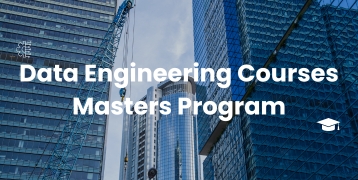
355 learners (4.8) 6 Months View Program
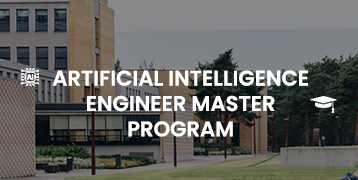
223 learners (4.5) 6 Months View Program
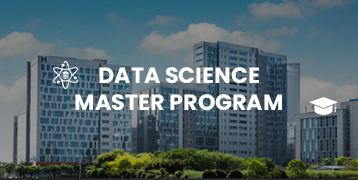
300 learners (5) 6 Months View Program

320 learners (5) 6 Months View Program